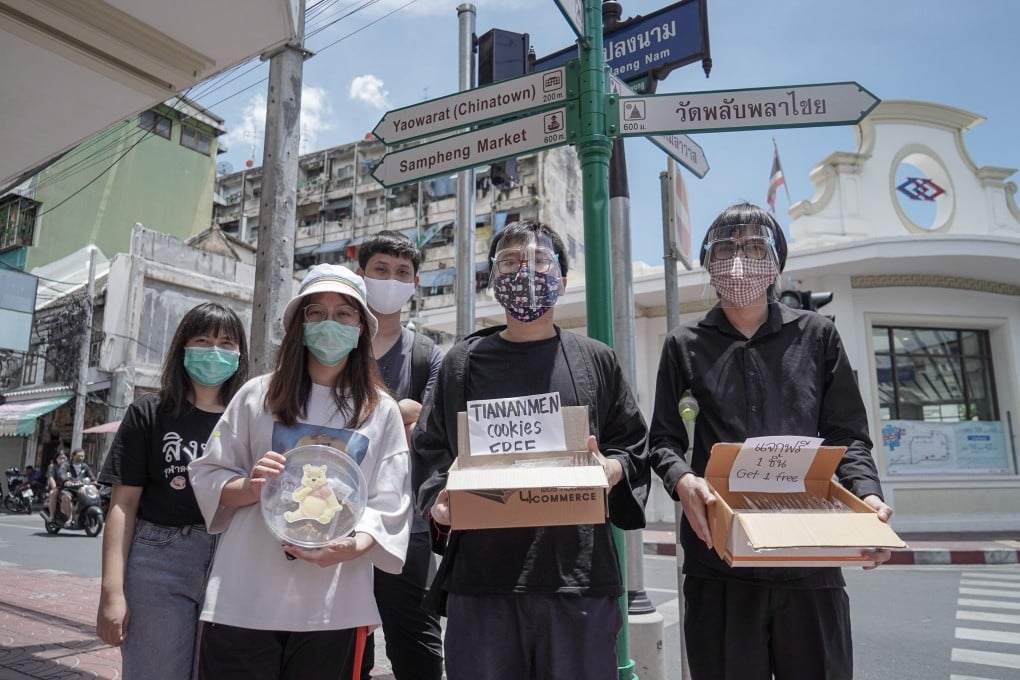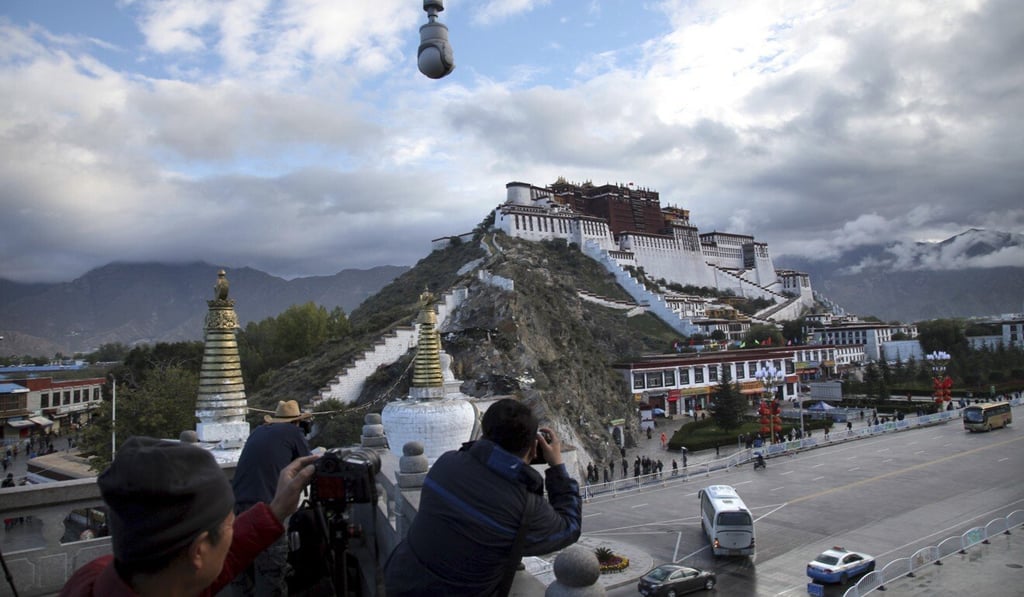Milk Tea Alliance: are young Thais turning on China over Hong Kong?
- A social media movement spanning Thailand, Taiwan and Hong Kong has raised concerns young Thais could be losing their sense of kinship with China
- Interest among the country’s youth in learning Mandarin and studying at Chinese universities has never been higher, however

Each came in plastic packaging complete with a QR code that provided links to information on the pro-democracy protests in Beijing that were forcibly suppressed in a bloody military operation 31 years ago.
Netiwit and his fellow activists handed out the sweet treats to people in a shopping district and Chinatown, before attempting to present some to the Chinese embassy to send a message that Beijing should “give up oppressing Tibetan, Uygur and Hong Kong people”, he said on Twitter.

Back in Bangkok, even the flavour Netiwit chose for his cookies – milk tea – was symbolic. In April, the hashtags #MilkTeaAlliance and #MilkTeaisThickerThanBlood trended on Twitter in Asia, in reference to the sweet drink that is popular in both Thailand and Hong Kong, with users also mentioning solidarity with the self-ruled island of Taiwan.